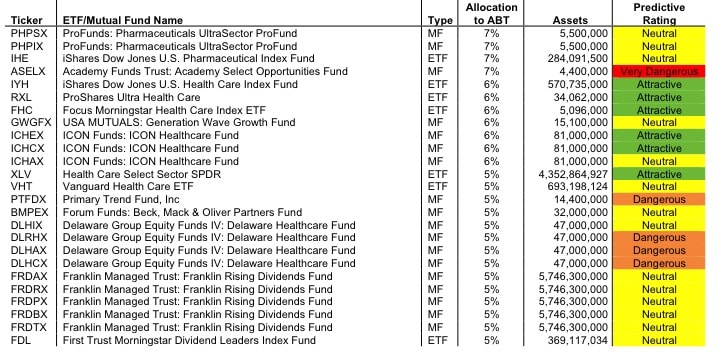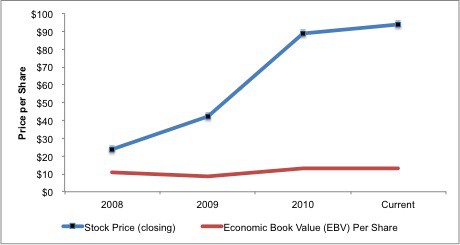Interview With Former FASB Chairman Robert Herz
As the Chairman of the Financial Accounting Standards Board, or FASB, from 2002 to 2010, Robert Herz has had a much larger influence on financial markets than the average investor appreciates.
David Trainer, Founder & CEO





